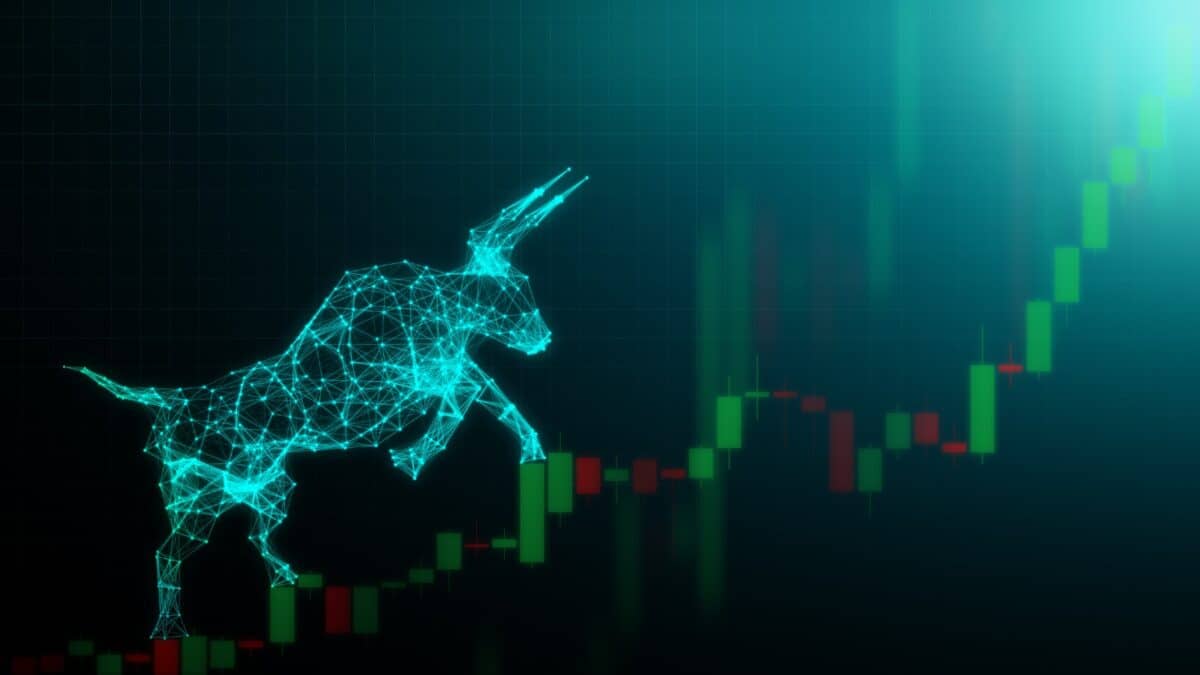One of the hottest topics in the investing community in recent years has revolved around renewable (or ‘clean’) energy stocks vs their traditional counterparts.
So we asked two Fools to name their favourite shares in the energy sector right now, and why. As ever, note that returns are not guaranteed and past performance is not a reliable indicator of future results.
National Grid: the ‘picks and shovels’ choice
By Alan Oscroft. The UK energy market is in a state of flux, with wind power providing the biggest share for the first time ever in the first quarter.
Should you invest £1,000 in BP right now?
When investing expert Mark Rogers has a stock tip, it can pay to listen. After all, the flagship Motley Fool Share Advisor newsletter he has run for nearly a decade has provided thousands of paying members with top stock recommendations from the UK and US markets. And right now, Mark thinks there are 6 standout stocks that investors should consider buying. Want to see if BP made the list?
Betting on any single energy source looks risky. That’s why I rate National Grid (LSE: NG) as my safest choice.
We’re leaving hydrocarbons behind, a lot faster than I’d expected. So why take the risk of being in the oil and gas business when it’s headed the way of the dinosaurs?
We could back renewable energy sources, but which ones? Whenever we see a technology shift, newcomers rise and fall. And it can be years before we can identify the winners. People often point out that it wasn’t the Wright brothers who made the money from aviation.
Wherever energy is sourced, it has to be transported to where it’s needed. And that’s where National Grid comes in. I don’t see networks of electricity pylons and cables becoming obsolete any time soon.
The company handles gas distribution too, and that’s where I think the risk comes in. However we generate our future energy, it seems unlikely that gas will play a big part. But National Grid already has its business focused around 70% on electricity distribution.
There’s hydrogen, batteries, and technology like that. But there are plenty of firms already working on even newer tech that could render today’s obsolete.
National Grid looks future-proof to me. It’s profitable, and it’s been paying dividends for decades.
Alan Oscroft has no positions in National Grid.
BP: oil remains black gold
By Andrew Mackie: The energy sector was the standout performer in 2022. Surging oil and gas prices turned BP (LSE:BP) into a cash-generating machine. Although last year might be viewed as something of an outlier, that doesn’t mean that oil and gas companies won’t continue to outperform — quite the contrary.
There are many reasons why BP is my favourite energy stock. A steadily rising dividend, significant share buybacks, falling net debt and a growing presence in the renewables sector, to name but a few. However, the fortunes of the company in the foreseeable future is inextricably tied to the price of black gold. Therefore, my continued investment in the company must be predicated on my conviction on this front.
When war broke out in Europe, oil was a crowded trade. Today less so. However, the fundamentals haven’t changed in the last year.
Surprisingly, one would expect — with a bull market in this space now entering its third year — that supply would be increasing materially. But we haven’t seen any of that yet. After all, that is precisely what happened during the last run-up in prices back in 2007 and 2014.
I believe there are two main reasons for this. Firstly, the tightening of monetary conditions have made access to capital challenging and led to excessive capital conservatism. Second is the continuing pressure from government and ESG mandates. This is having a direct knock-on effect on both oil production and exploration for future reserves.
The biggest near-term danger to the BP share price is that if a protracted global recession does play out, oil prices could fall significantly. However, given how constrained supply is, this is likely to lead to a floor for prices. BP itself has a break-even cost of $40 a barrel. Although nothing should be ruled out, given the present macro backdrop, I don’t believe we will see prices that low any time soon.
Andrew Mackie owns shares in BP.




